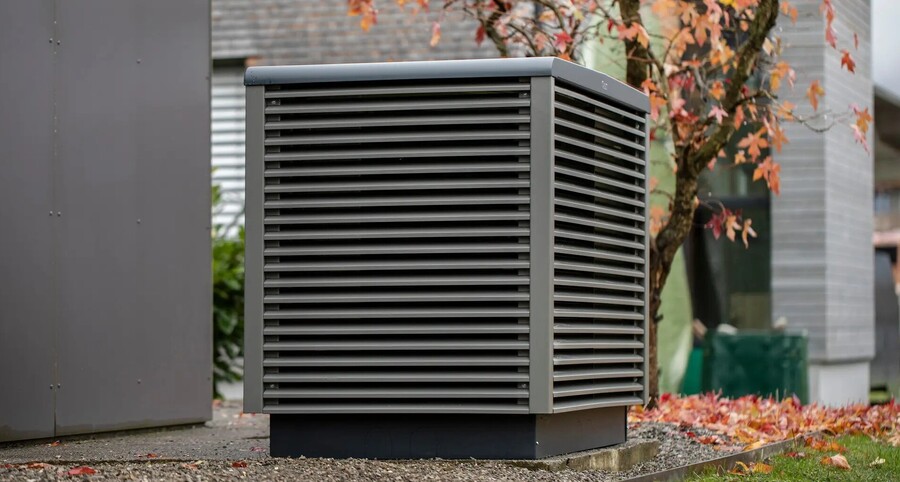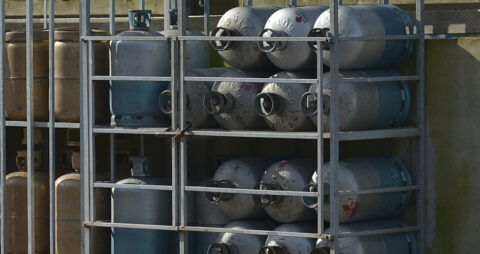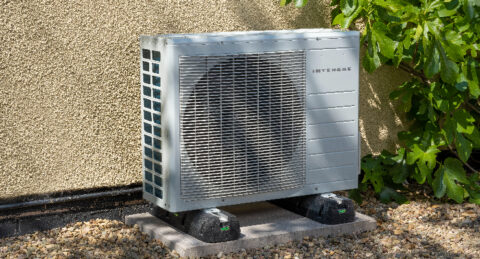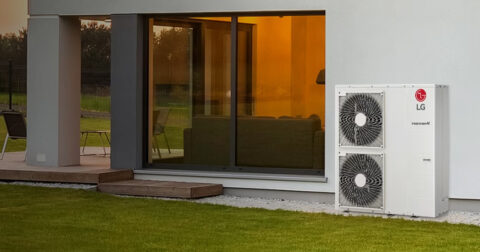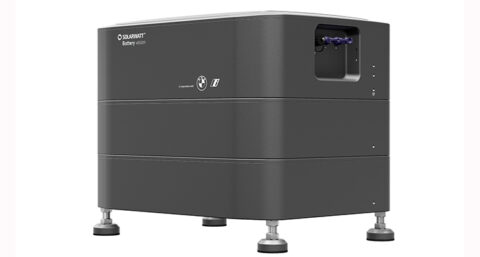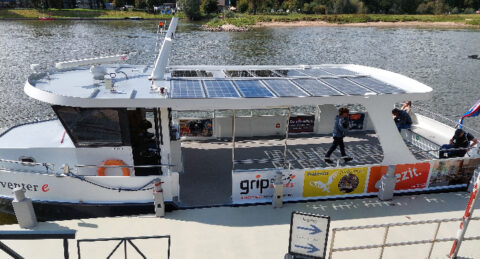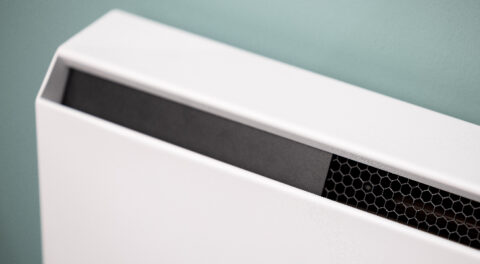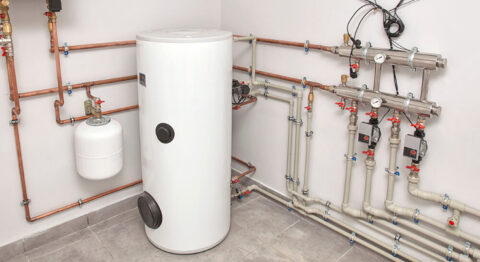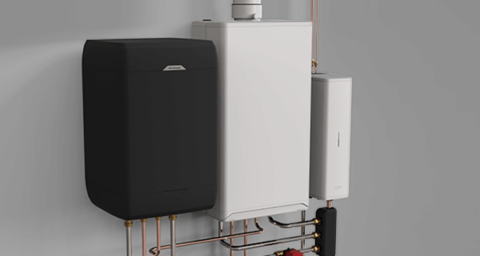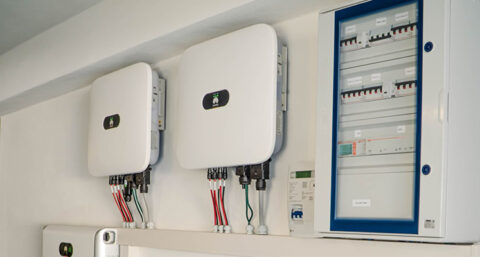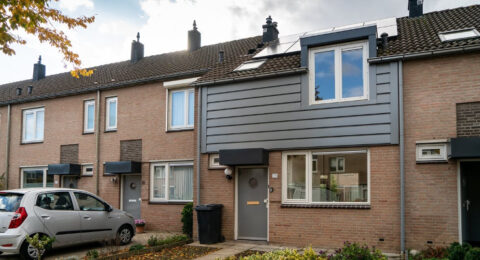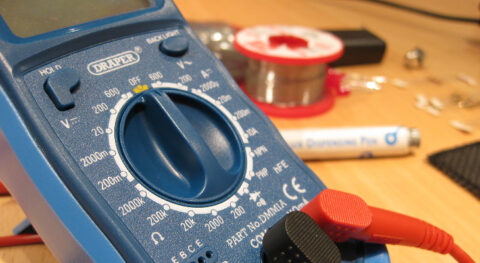Technea introduced a new monoblock heat pump at VSK last week. With a SCOP of 6.02, this propane machine is the most efficient air-to-water heat pump in the world, according to the installation wholesaler. And with 39.9 dB(A), it is also among the quietest solutions on the market.
With nearly 600,000 heat pumps, the Dutch market has grown considerably in recent years. Nevertheless, manufacturers still face quite a few challenges. For example, many commonly used refrigerants are now banned from 2027, the noise standard was recently tightened again, and the direct use of solar power is increasingly important because energy suppliers charge feed-in costs.
Propane from 2027 the norm
F-gases are powerful greenhouse gases that are widely used as refrigerants in heat pumps, but are harmful to the environment. The European Union therefore wants to switch to more sustainable alternatives. Starting in 2027, new split-unit heat pumps must therefore no longer contain refrigerants with a Global Warming Potential of more than 150. Many refrigerants, including R410A (GWP: 2,088), R134A (GWP: 1,430) and R32 (GWP: 675), may no longer be used in heaters with a capacity of up to 12 kW from then on. This means that heat pumps using the natural refrigerant propane will become the future. Manufacturers, including Technea, are responding to this changing market with heat pumps that use propane as the refrigerant. So Technea is doing that now with the ACP312 monoblock and will introduce more new solutions by the end of 2024.
Making the best use of solar power
Many households use the net-metering scheme. Because of this scheme, many solar panel owners are unaware of their own consumption of the electricity generated by their panels. Now that the net-metering scheme remains in place, other energy suppliers will also start charging feed-in fees. It is therefore important to increase one's own direct consumption as much as possible. That consumption is now often around 30-40%, but can easily be increased, for example, with a smart PV control in the heat pump. Technea's heat pump has a highly intelligent PV regulation that measures the overcurrent to the nearest watt. This allows the machine to be regulated so that it switches on based on solar energy alone to bring a buffer tank up to temperature, cool a home or prepare hot tap water, for example.
COP vs. COP
In the installation and construction industry, the COP (Coefficient of Performance) is often used to compare the efficiency of heat pumps. However, this value does not give a complete picture of a heat pump's performance throughout the year. The SCOP (Seasonal Coefficient of Performance) is a better measure, which takes into account changing seasonal temperatures.
So the SCOP also says something about the energy consumption of the heat pump. The higher the SCOP, the lower the consumption. The European database shows that a SCOP of about 4.6 is average. Technea's ACP312 (R290) heat pump is the first air/water heat pump in the world to have a SCOP above 6, which means it has extremely low energy consumption.
Noise Standard
Since Jan. 1, 2024, new noise standards have been in effect for heat pumps. These standards are stricter than previous standards and aim to reduce noise pollution from heat pumps. Starting this year, new outdoor units at the property boundary are allowed to make a maximum noise of 40 dB(A) at night and 45 dB(A) during the day.
With a nominal noise of 39.9 dB(A), the ACP312 is quiet. The maximum noise directly next to the noise source is 47.0 at night and 54.0 during the day.
